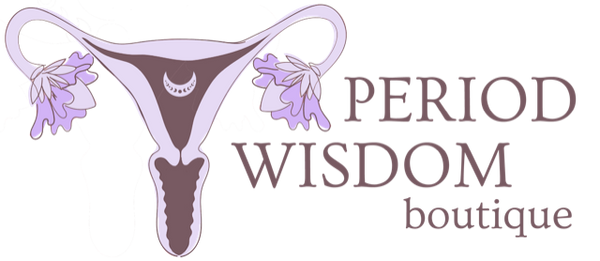
Why ovulation is super important (and not just to get pregnant)
Share
Ovulation isn’t just about fertility—it’s actually super important for your overall hormonal health.
Each month, when your body gears up to release an egg, your ovaries start producing more oestrogen. That boost in oestrogen can lift your serotonin levels, which is why you might feel more upbeat, social, and full of energy in the days before ovulation.
After ovulation, your body switches gears and one of your ovaries starts producing progesterone. This progesterone comes from a little gland called the corpus luteum, which forms from the empty follicle after the egg is released. It’s kind of amazing—this temporary gland goes from zero to fully developed (and gets its own blood supply!) in less than 24 hours. One researcher even said there's nothing else in the body that builds that fast.
Each monthly surge of estradiol helps build muscle, improves how your body handles insulin, and supports lasting health for your brain, bones, and heart.
Meanwhile, each cycle’s rise in progesterone helps calm inflammation, keeps the immune system in check, and plays a key role in supporting the thyroid, brain, bones, and breast tissue.
Ideally, progesterone sticks around for the last two weeks of your cycle. But some cycles don’t include ovulation at all—those are called anovulatory cycles, and they’re more common than you might think.
There’s More to Ovulation Than Just Babies
Sure, ovulation is key if you’re trying to get pregnant—but even if you’re not, it still matters a lot. It’s the only natural way your body makes estradiol and progesterone, two hormones that support your mood, energy, sex drive, metabolism, thyroid, skin, hair—you name it.
So yeah, ovulation is kind of a big deal.
How to detect ovulation:
To determine if you are ovulating, you can monitor your cervical mucus, track your basal body temperature, use ovulation predictor kits (OPKs), or consult a doctor for a blood test.
Or you can use Daysy or Ladycomp and stay on top of your cycle.
Signs of possible ovulation include:
- fertile mucus
- regular period.
Signs of definite ovulation include:
- A luteal phase triggers a rise in temperature, which is what Daysy and Ladycomp can pinpoint with 99.4% accuracy.

